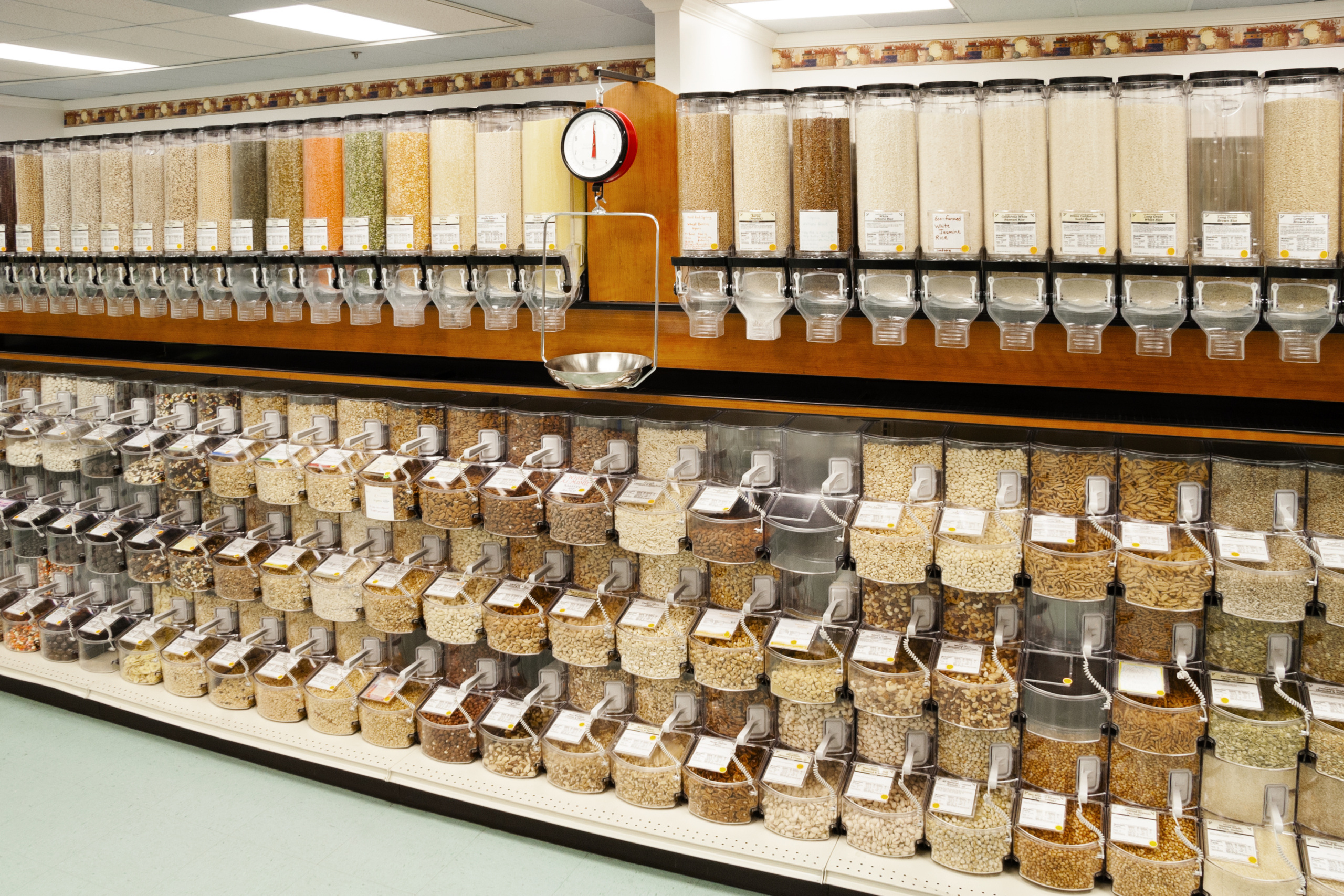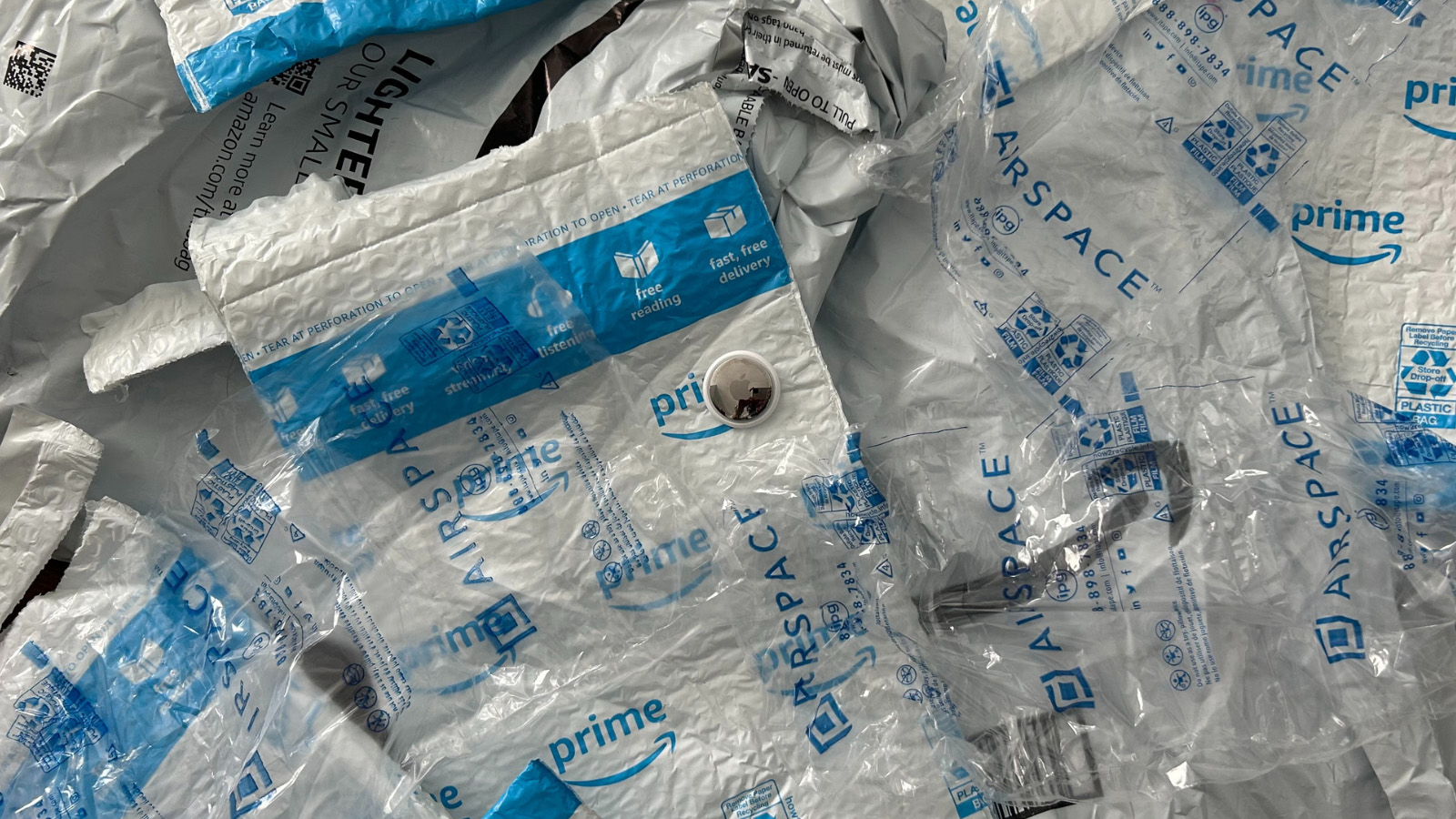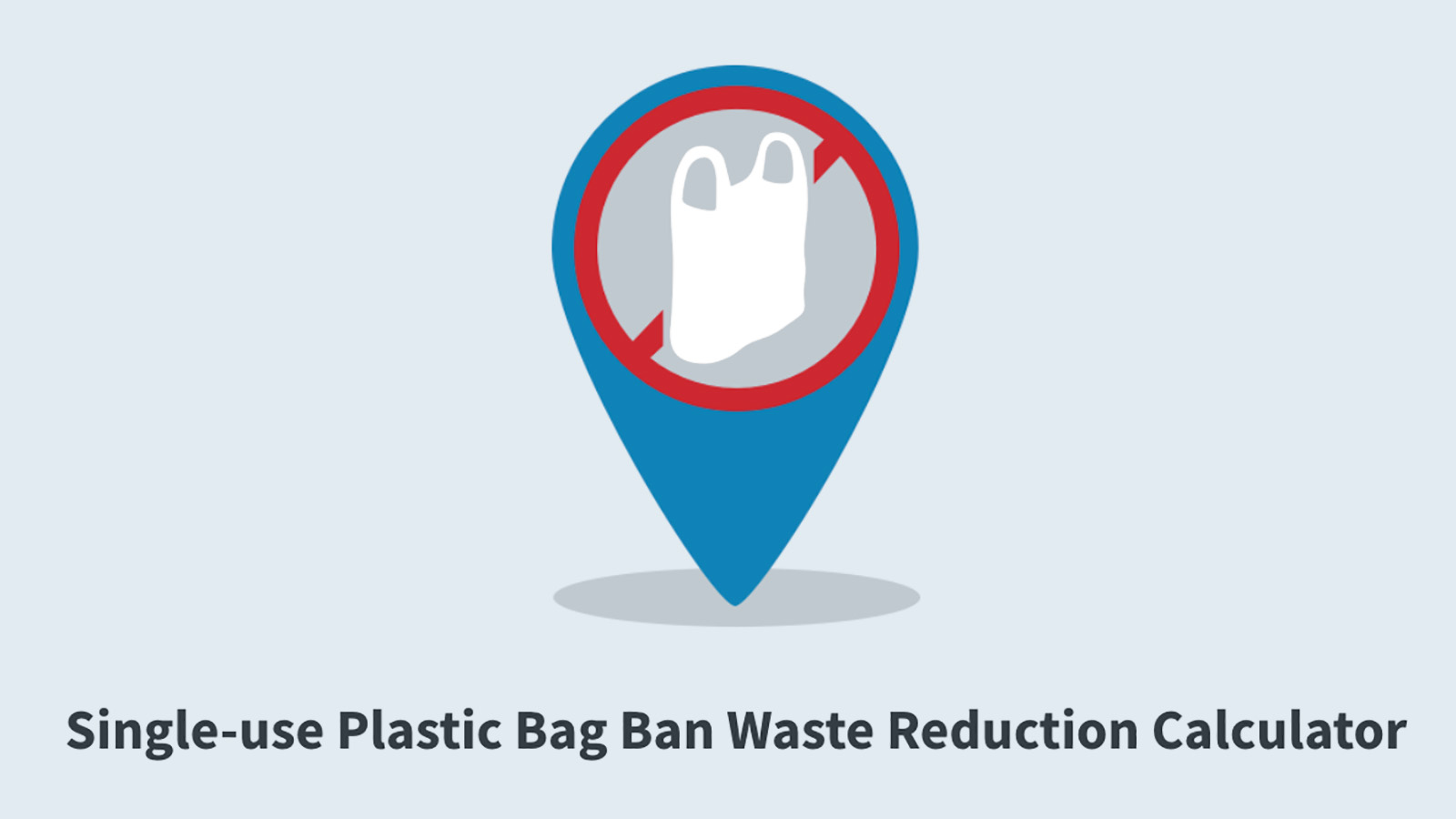
Products without plastic: Innovating for a packaging-free future
Reducing the amount of plastic we dump into our environment demands a radical rethink of the way we package our stuff. But a growing number of entrepreneurs are asking an even more fundamental question: Instead of rethinking the packaging, why not rethink the product itself?

This article is part of a series looking at the increasing availability of alternatives to plastic packaging. To read about the “refill stores” pioneering new models of packaging-free retail, click here. To find out about the startups developing new takes on the concept of returnable packaging, click here.
* * *
In 2012, a university student named Brianne West began making shampoo in the kitchen of her apartment in Christchurch, New Zealand. Appalled by the volumes of plastic waste being created by the cosmetics industry, and bathroom essentials particularly, she started out by making small batches of solid shampoo – designed without water, and thus with no bottles – and selling them online.
West is one of a generation of entrepreneurs who have successfully tapped into what has turned out to be considerable popular demand for environmentally responsible alternatives to plastic packaged products. A decade later, the company she founded, Ethique, makes a wide range of shampoos, deodorants and other haircare, skincare and body care products in solid form. Its products are stocked in more than 6,800 stores in 25 countries around the world.
Growing public concern about the global plastic waste crisis has led to a variety of responses from manufacturers and retailers. Many major brands have made small, incremental changes to reduce the plastic content of their existing packaging. New types of businesses, such as refilleries and the various startups developing new models of returnable packaging, have emerged to create more comprehensive solutions that reuse packaging to cut down on single-use plastic. Ethique, however, is one of a growing number of companies asking an even more fundamental question: Instead of rethinking the packaging, why not rethink the product itself?
Many liquid products sold in stores – dish soap, shampoo, laundry detergent and more – consist predominantly of water. Remove the water and you remove the need for those products to be sold in bottles at all. Though they’re still a relative rarity in mainstream stores, solid versions of traditionally liquid products – particularly cosmetics and toiletries – are becoming increasingly widespread.
Search for “shampoo bar” online and you’ll find hundreds of options from a range of companies all over the world, from now-major brands like Lush cosmetics right through to individuals and small companies selling often homemade products via Etsy and other e-commerce platforms. French company Lamazuna makes a wide variety of solid shampoos, among other body care products, as do Bars over Bottles (Brazil), Amor Luminis (Australia) and others. These companies make products including shampoos and conditioners designed for all different hair types (and species types: Zookie Bars from Canadian company Etee are among the various shampoo bars on the market made especially for dogs).
Toothpaste, likewise, only needs to come in its current packaging because it consists of up to 40% water. A host of companies, including major brands like Colgate, have developed toothpaste in the form of dry tablets that turn into a paste when chewed. Bite, Huppy and Unpaste are among the many companies producing toothpaste in these and other plastic-free forms that can be shipped in recyclable or reusable containers rather than single-use tubes that consist of multiple materials and can’t be recycled.
Colorado-based company EcoRoots and other zero-waste cosmetics brands, including Brooklyn Made Natural, Etee, Katie Mae Naturals and Miel Botanicals all specialize in solid versions of traditional toiletries, from shampoo and conditioner to deodorant, lotion, sunscreen and more. But it’s not just cosmetics. Solid forms of household cleaning products are on the rise too. Even a cursory web search brings up a range of different dish soap bars, for example, from brands like No Tox Life, Etee, Mamaforest and others. Other reimagined cleaning products include dissolvable cleaning tablets from German company Everdrop. These tablets are mixed with water in reusable bottles at home to make the final product. Within months of starting out, Everdrop had sold more than 1 million tablets.
The rise of e-commerce platforms like Etsy has given the many small businesses producing these kinds of products a global reach, while also providing a fuller picture of the range of plastic-free product possibilities than might be apparent from looking at the shelves of mainstream stores. But these products have been gaining a foothold offline too. Lush, for example, now has almost a thousand stores across the world, as well as its online business. Since 2007, Lush has sold more than 38 million shampoo bars globally.
While many major cosmetics brands have been keen to be seen to be moving toward more sustainable packaging, in practice this has often meant only minor changes, like incorporating a certain percentage of recycled materials into their plastic bottles. While a positive step, these concessions are unlikely to have any significant impact on the plastic waste crisis. If, on the other hand, the large corporations that dominate the cosmetics market were to follow the lead of companies like Ethique, Lush and the growing number of small producers across the e-commerce landscape and invest their R&D dollars in reimagining their products so they didn’t have to be sold in bottles at all, it would be a different story.
Shifting the design of a product is not always a simple matter, and all kinds of considerations come into play – from how to list a product’s ingredients and directions without a label (Lush has an app that allows users to scan a product with their phone to get the information they would normally find on a label), to convincing consumers that these products are as effective as their liquid equivalents. Some of us already know they are, of course. Such products have long been a staple of the travel section in many pharmacies. And to outdoor enthusiasts, solid toiletries are nothing new. There’s no reason why the qualities that make these products logical for travel and outdoor activities – the fact that they’re convenient, compact, lightweight and do the job just as well as their liquid counterparts – should be any less appealing to indoor enthusiasts than outdoor ones.
The fact that so many companies are already making packaging-free products – not to mention the proven demand for, and profitability of such products (as evidenced by the success of companies like Ethique and Lush) – raises the question of why more companies aren’t pursuing a similar path.
Taking these products to scale will certainly require innovation, as well as the adoption of policies that encourage that innovation. It’s not as though the corporations who most urgently need to shift toward package-free products lack the resources to do so. What’s lacking is an adequate incentive structure to coax these companies into allocating their resources in responsible ways. Those incentives come from a combination of consumer demand and public policy, and in particular, measures to ensure that producers are held accountable for dealing with the long-term impact of the products they create.
For now, it’s the smaller innovators who are leading the way, making good products that people want to buy, and in so doing, illuminating the possibilities for a future of products without plastic.
Topics
Authors
James Horrox
Policy Analyst, Frontier Group
James Horrox is a policy analyst at Frontier Group, based in Los Angeles. He holds a BA and PhD in politics and has taught at Manchester University, the University of Salford and the Open University in his native UK. He has worked as a freelance academic editor for more than a decade, and before joining Frontier Group in 2019 he spent two years as a prospect researcher in the Public Interest Network's LA office. His writing has been published in various media outlets, books, journals and reference works.
Find Out More

Refill, Return, Reimagine: Innovative Solutions to Reduce Wasteful Packaging

Truth in recycling

Plastic bag bans work

